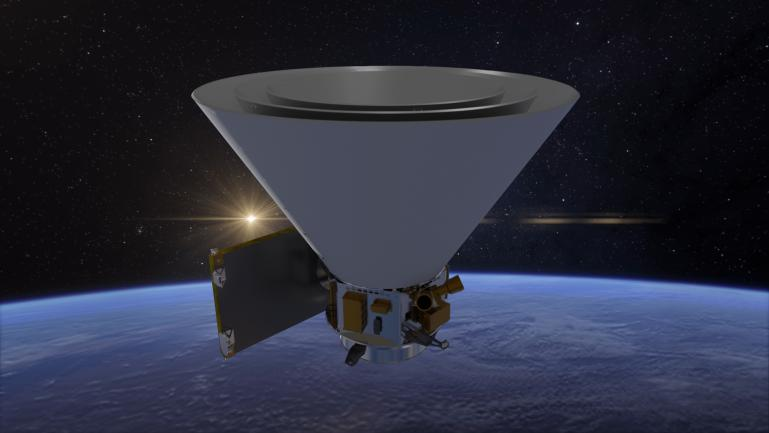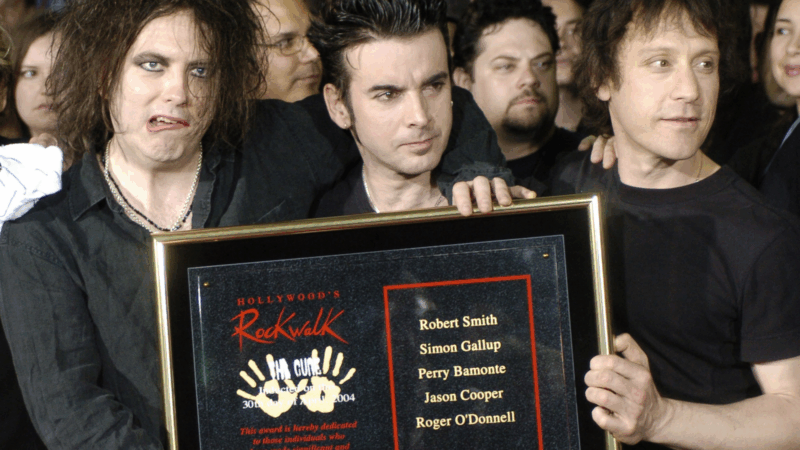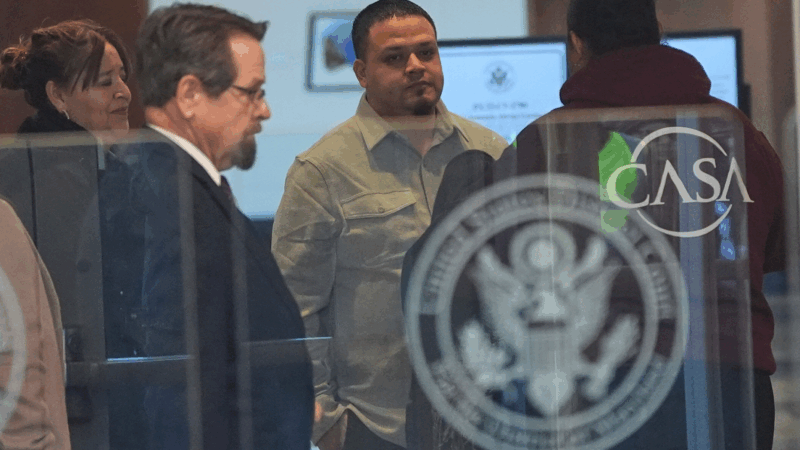NASA’s upcoming telescope launch aims to address some existential questions
Sometimes, space missions aim to answer the simple, quotidian questions we ask ourselves as we go about our lives:
“How did the universe begin?
“How did galaxies start to develop?”
This week’s planned launch of NASA’s SPHEREx telescope seeks to provide insights into some of these existential questions.
Three things to know:
- The new, 8.5-foot telescope is scheduled to be launched this Tuesday by NASA’s Jet Propulsion Laboratory in California. Its primary goal is to explore the origins of the universe.
- Beth Fabinsky, the deputy project manager for SPHEREx, explained in an interview with NPR’s Scott Detrow that this telescope has a unique capability as an, “All-sky survey, [with] a very wide field of view. We’re going to see the entire universe four times in our two-year mission. And that means we can draw really grand conclusions from a very large data set about the universe that we see.”
- Part of that SPHEREx’s mission, according to NPR’s Ari Daniel, is to bridge the gap among existing telescopes by detecting infrared light with wavelengths that are too long to be seen with the naked eye.
Listen to NPR’s Short Wave podcast for more discoveries, everyday mysteries and the science behind the headlines.
How does one explore the origins of the universe?
Simply put: The Big Bang led to an astronomical expansion in the size of our universe in a very brief period. This rapid cosmic growth has significantly influenced the formation of our universe.
But astronomers still don’t know what triggered that expansion, or why it occurred so extensively. The hope with SPHEREx is that scientists will be able to map out a clearer, broader picture of how our universe began.
Dive deeper with NPR:
- For a more in depth explanation of the SPHEREx launch, listen to NPR’s Ari Daniel report on the significance.
- Want the latest stories on the science of healthy living? Subscribe to the Health newsletter.
Our top global photo stories from 2025: Fearless women, solo polar bear, healing soups
These stunning photos include a polar bear in a Chinese zoo, a teen in Zambia facing an uncertain future, Mongolian kids watching TV in a tent, a chef prepping a bowl of good-for-you soup.
ADHD drugs may work indirectly to boost attention
Drugs like Adderall and Ritalin appear to help children with ADHD by activating brain areas involved in alertness and motivation.
Russia attacks Kyiv, killing 1 and wounding many ahead of Ukraine-US talks
Russia attacked Ukraine's capital with missiles and drones early Saturday morning, killing one and wounding over 20 people a day before talks between Ukraine and the U.S., local authorities said.
Myanmar is set to hold phased elections. Here’s why they’re being called a ‘sham’
Myanmar's military rulers are holding a general election in phases starting Dec. 28 amid the country's civil war. The head of the U.N. says the vote will be anything but free and fair.
Perry Bamonte, guitarist and keyboardist for The Cure, dies at 65
Perry Archangelo Bamonte, longtime guitarist and keyboardist for the influential goth band The Cure, has died. He was 65. The band announced his death on their official website on Friday.
Judge to hold hearing on whether Kilmar Abrego Garcia is being vindictively prosecuted
A federal judge this week canceled the trial of Kilmar Abrego Garcia, and scheduled a hearing on whether the prosecution is being vindictive in pursuing a human smuggling case against him.








